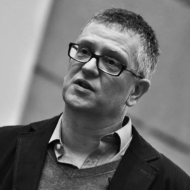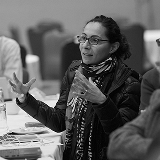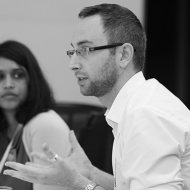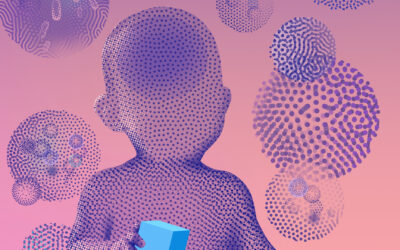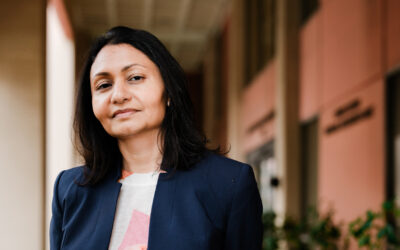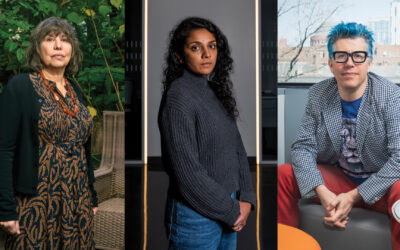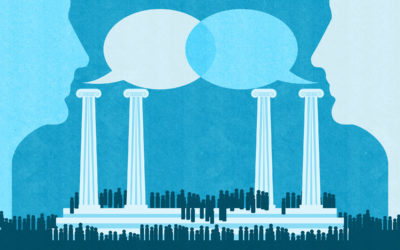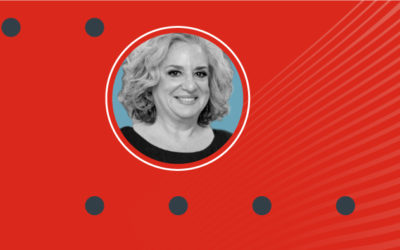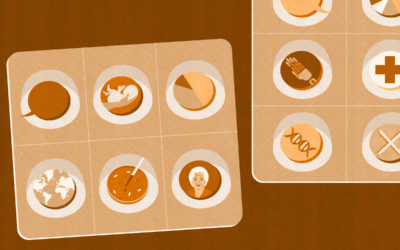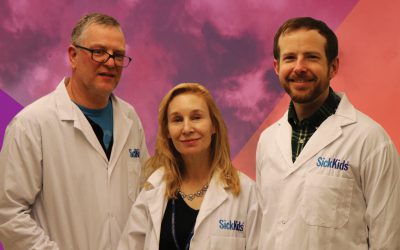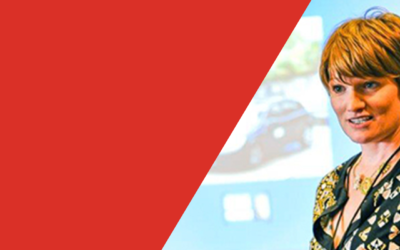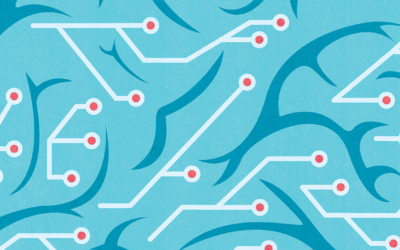Child & Brain Development
How do childhood experiences affect lifelong health?
The Child & Brain Development program examines the effect of the early environment on the lifelong trajectory going from childhood to old age of physical, mental and social health and wellbeing. Over the past decade, program members including biologists, psychologists, and medical doctors have transformed our understanding of the interplay between nature and nurture, and discovered important insights into the biological underpinnings of our early childhood experiences.
Impact Clusters
The Child & Brain Development program is part of the following CIFAR Impact Clusters: Building Thriving Societies; Decoding Complex Brains and Data; Exploring Emerging Technologies and Shaping the Future of Human Health. CIFAR’s research programs are organized into 5 distinct Impact Clusters that address significant global issues and are committed to fostering an environment in which breakthroughs emerge.
Research and Societal Impact Highlights
Analysis of learning loss during COVID
CIFAR Fellow Daniel Ansari (Western University) and Co-Director Candice Odgers (University of California, Irvine) have made major contributions at the intersection of child learning, big data and inequality through an analysis of learning loss during COVID. These researchers have developed a partnership with AMIRA Learning to leverage assessments of children’s early reading, providing access to large volumes of high-resolution data on children’s early learning, and opening up avenues for improved in-home data collection.
The impact of early childhood experiences and exposures on long-term health
Researchers from the Child & Brain Development and Humans & the Microbiome programs collaborated to develop new methodologies to assess the impact of early childhood experiences and exposures on long-term health. Through new collection and integration methods of biological, behavioral and sociological data, they have recruited participants remotely for projects such as the Baby Teeth Study, which measured substance levels in children’s teeth to assess which substances children have come into contact with throughout their development. This remote collection approach is an inclusive one as it allows researchers to reach children from diverse backgrounds and locations, including rural, remote and Indigenous communities, compared to onsite collection approaches.
Path to Societal Impact
We invite experts in industry, civil society, healthcare and government to join fellows in our Child & Brain Development program for in-depth, cross-sectoral conversations that drive change and innovation.
Public policy leaders in early childhood and health and CIFAR fellows in the Child & Brain Development program are developing effective public policies and intervention programs that address health disparities and improve children’s development, health, and well-being.
Areas of focus:
- Examining the compounding effects of multiple early adversities on children
- Exploring opportunities for effective policy interventions
- Ensuring intervention programs are tailored to the needs of diverse communities
Founded
2003
Renewal Dates
2007, 2012, 2019, 2025
Partners
Genome British Columbia
Interdisciplinary Collaboration
Developmental, molecular and evolutionary biology
Behavioural genetics
Epigenetics
Cognitive and developmental neuroscience
Biological, cognitive and developmental psychology
Psychiatry
Biological anthropology
Epidemiology
CIFAR Contact







